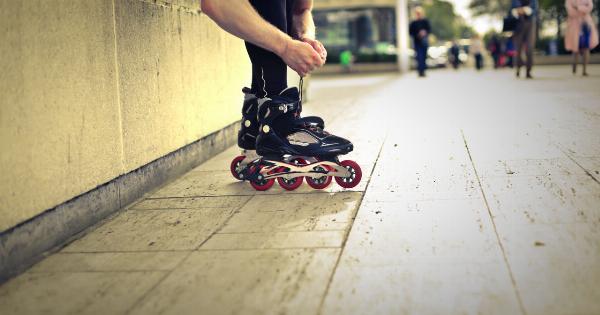Coffee is one of the most popular beverages in the world. It’s a staple in many people’s morning routines and is often consumed throughout the day for an energy boost. However, there has been a long-standing belief that coffee can lead to dehydration.
This has led to many people avoiding coffee or drinking it in moderation to prevent dehydration. So, what’s the truth about coffee and dehydration? We’ve gathered insights from experts in the field to shed some light on this topic.
What is Dehydration?
Dehydration occurs when the body loses more fluid than it takes in. This can happen when a person is sweating excessively, not drinking enough fluids, or experiencing diarrhea or vomiting.
Dehydration can lead to a range of symptoms, including thirst, dry mouth and throat, headache, dizziness, and fatigue. In severe cases, dehydration can cause rapid heartbeat, low blood pressure, and even organ failure.
Does Coffee Cause Dehydration?
The belief that coffee can cause dehydration is based on its diuretic effects. A diuretic is a substance that increases urine output and can lead to the loss of water and electrolytes from the body.
Caffeine, the primary active ingredient in coffee, is considered a mild diuretic. Therefore, many people assume that drinking coffee can cause dehydration.
However, the diuretic effects of coffee are relatively mild and temporary.
According to a study published in the Journal of Human Nutrition and Dietetics, while coffee intake led to a slight increase in urine output, it did not cause significant dehydration in habitual coffee drinkers. The study found that regular coffee intake did not affect markers of hydration status compared to drinking water.
Another study published in PLOS One found that moderate caffeine consumption, including coffee, did not have a significant impact on hydration levels in healthy adults.
The researchers observed that the fluid balance of the participants was not impaired by the consumption of caffeine-containing beverages.
The Role of Water in Hydration
The most critical factor in staying hydrated is consuming enough water. While coffee can contribute to fluid intake, it’s not a substitute for water.
The Centers for Disease Control and Prevention (CDC) recommend drinking at least eight glasses of water per day. However, water needs can vary depending on factors such as age, gender, and activity level.
It’s also essential to note that not all beverages are created equal when it comes to hydration. Some drinks, such as sugary soda and alcohol, can actually lead to dehydration.
These drinks can cause an increased loss of water and electrolytes from the body, making it even more critical to ensure adequate water intake.
Factors That Can Impact Hydration
Several factors can affect hydration levels and make it more challenging for the body to maintain proper fluid balance. These include:.
1. Heat and Humidity
In hot and humid weather conditions, the body sweats more to help regulate body temperature. This increased sweat output can lead to dehydration if not enough fluids are consumed.
2. Exercise
During exercise, the body loses fluids through sweat, even in cooler weather conditions. Therefore, it’s essential to drink water before, during, and after exercise to maintain proper hydration levels.
3. Illness
When a person is sick with illnesses such as diarrhea or vomiting, the body loses fluids and electrolytes quickly. It’s crucial to consume enough water and electrolytes to prevent dehydration and restore fluid balance.
Conclusion
While coffee may have mild diuretic effects, it does not cause significant dehydration in regular drinkers. The most important factor in maintaining hydration levels is consuming enough water.
Other beverages, such as sugary soda and alcohol, can actually lead to dehydration. Therefore, it’s essential to make sure to drink enough water throughout the day, especially during hot and humid weather conditions, exercise, and illness.































